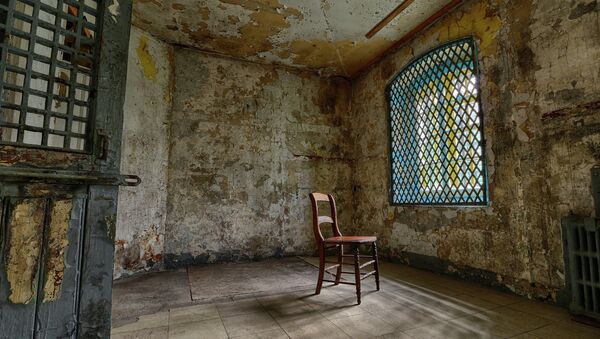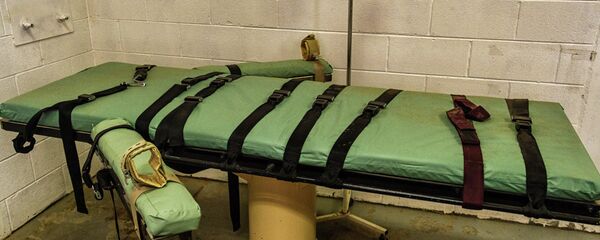"The conditions in which these people live impose such severe deprivations that they leave prison mentally damaged; as a group, people released from solitary are more likely to commit more new crimes than people released from the rest of the prison system," the paper read.
According to "A Solitary Failure: The Waste, Cost and Harm of Solitary Confinement in Texas" report, some 6,564 prisoners in Texas are currently detained in 60-square foot solitary-confinement cells. That number is higher than the entire prison populations of twelve individual states.
"Every day is a challenge here. A challenge against insanity," a solitary detainee told the ACLU.
"Bad dreams, see something on walls moving but nothing there," another detainee wrote, in a letter to the researchers.
The report indicates that solitary confinement has a permanent damaging effect on people. After release, the prisoners are not ready to interact with the community. The severe conditions cause mental problems even in healthy people, whereas people with pre-existing mental illness experience a worsening of symptoms.
To prepare the research, the ACLU requested information from the Texas Department of Criminal Justice and University of Texas Medical Branch. The ACLU surveyed 668 people incarcerated in Texas but only 147 people agreed to tell about their solitary confinement experience.




